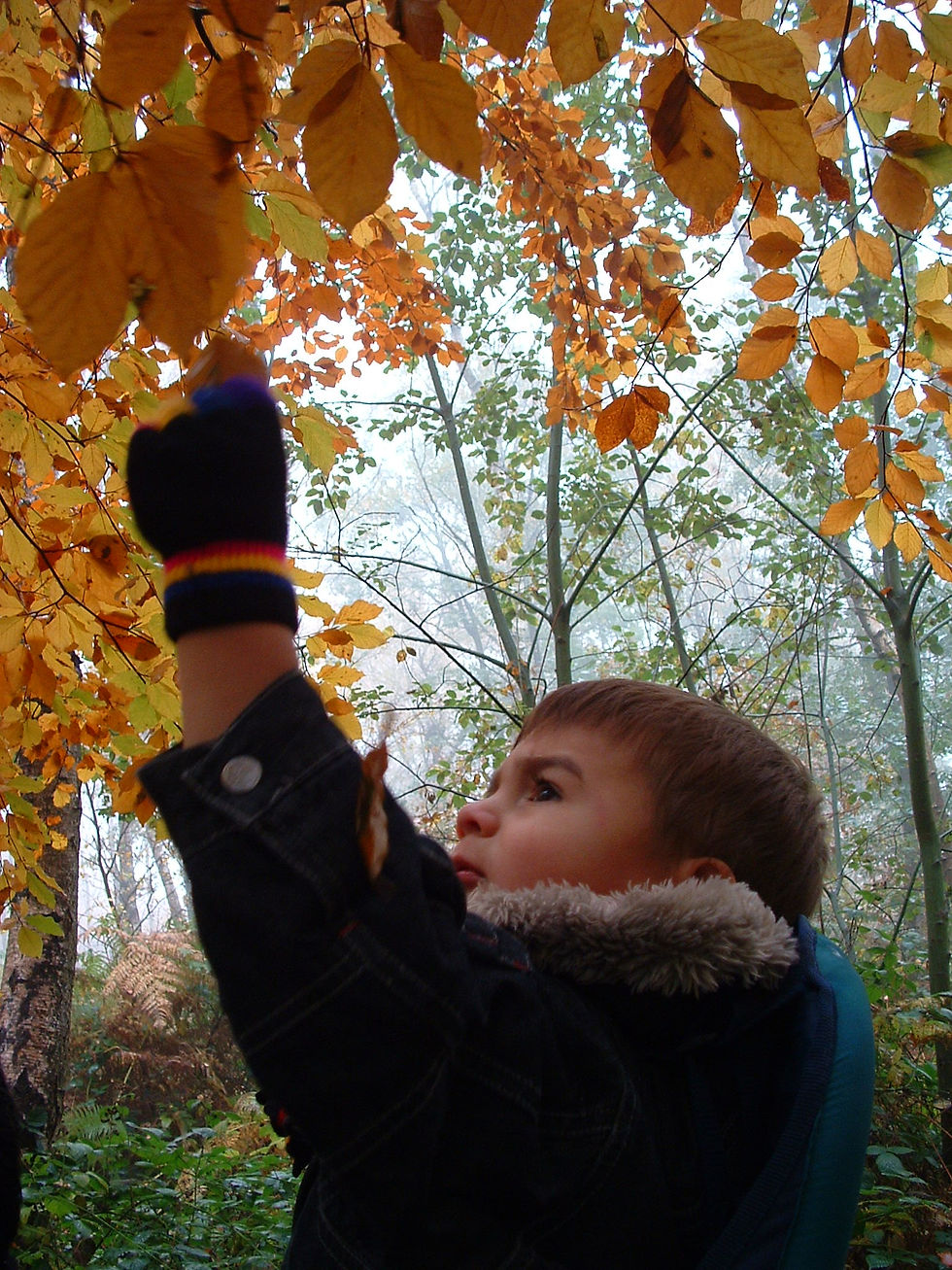PAPPUS Getting Started as a champion in the UK
- playfriendlyschool
- Aug 30, 2022
- 3 min read
Written by Kate Littlewood (UoG) and Felicity Robinson (PLL)
The University of Gloucestershire and its UK PAPPUS partner PLL (Play Learning Life) collaborated on the PAPPUS training series over the course of the summer term, 2022. PAPPUS (Plants and Play Promoting Universal Skills) has brought six European partners together, through Erasmus+ funding, to create hundreds of easy-to-use resources to inspire engagement, play and learning in the outdoors and with plants.
Experts from Poland, Slovakia, Austria, the Czech Republic, Hungary and the UK have mined contemporary and traditional cultural references to draw out the unique and special qualities that the outdoors offers for rich and memorable ideas and inspiration for teachers, play-workers and youth workers.
A series of face-to-face workshops were organised during the project to publicise and promote the resources and to encourage feedback. On-line workshops were devised in response to Covid19 restrictions, to allow more attendees to discover and explore the resources developed over the last three years.
Professionals from a variety of organisations took part in these meetings, including schools, educational and environmental organisations. The feedback on the resources was positive with some organisations having explored and applied them extensively.
Evaluation feedback was detailed, with a particularly positive focus on the ready-to-use nature of the resources and the easy navigation of the website. The range and extent of resources was widely commented. The question ‘how well does the toolkit engage children with nature?’ drew scores of 5 out of 5 from all attendees, indicating the accessibility and user-friendly nature of the resources.
One primary school in the UK devoted a full day to a ‘thematic’ approach to the toolkit,
“We have explored the resources as a staff team and used them weekly, and in a more thematic way for an entire day’s exploration/immersion.”
Further commenting the successful use of some resources for Early Years:
“We have also successfully used some of these resources with our younger children in Early years and KS1 by taking the relevant sections appropriate to their age and stage.” Head Teacher

This comment is particularly interesting as we have ambitious plans to develop more resources for Early Years, building on what we have achieved at Key Stages 1 + 2.
The potential for thematic learning was picked up by another Head Teacher, who also emphasised how the resources ‘upskilled’ her staff:
“The toolkit is a fantastic resource - both informative and time saving for teachers and support staff. It has helped them to make more meaningful links, given them new ideas and enabled them to deliver high quality sessions. More importantly, it has upskilled all of my teachers through the level of detail provided, all in such an accessible and well-presented format. It has inspired my team to want to know more, do more and to impart that knowledge to the children in their classes.” Head Teacher
The wider benefits of learning outdoors were mentioned by a number of contributors:
“It is a wonderful thing, how learning outdoors in nature calms a child.” Educational professional.
One school reflected the PAPPUS experience was memorable:
“The children and adults in our school will remember their PAPPUS adventure”. Head Teacher
Finally, what did the children themselves think?
“Next time you pass a dandelion by, know that there is more to its story” KS2 child
With more research still to be done, these reflections encourage us to believe that PAPPUS is on course to meet its stated aims by inspiring the next generation to understand, respect and interact with their environments for the benefit of all.
Here you can see some of the feedback from the UK piloting phase...











Comments